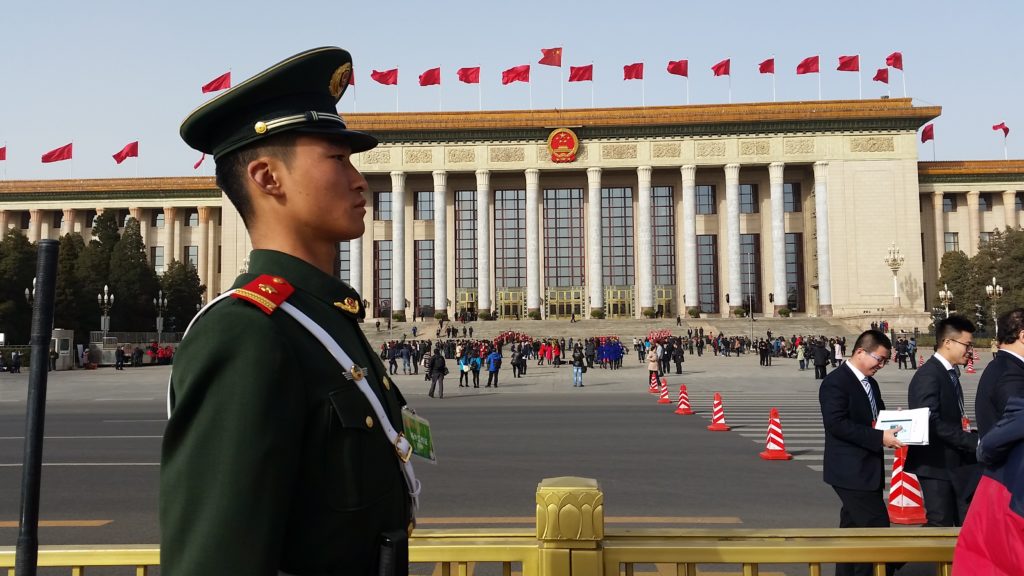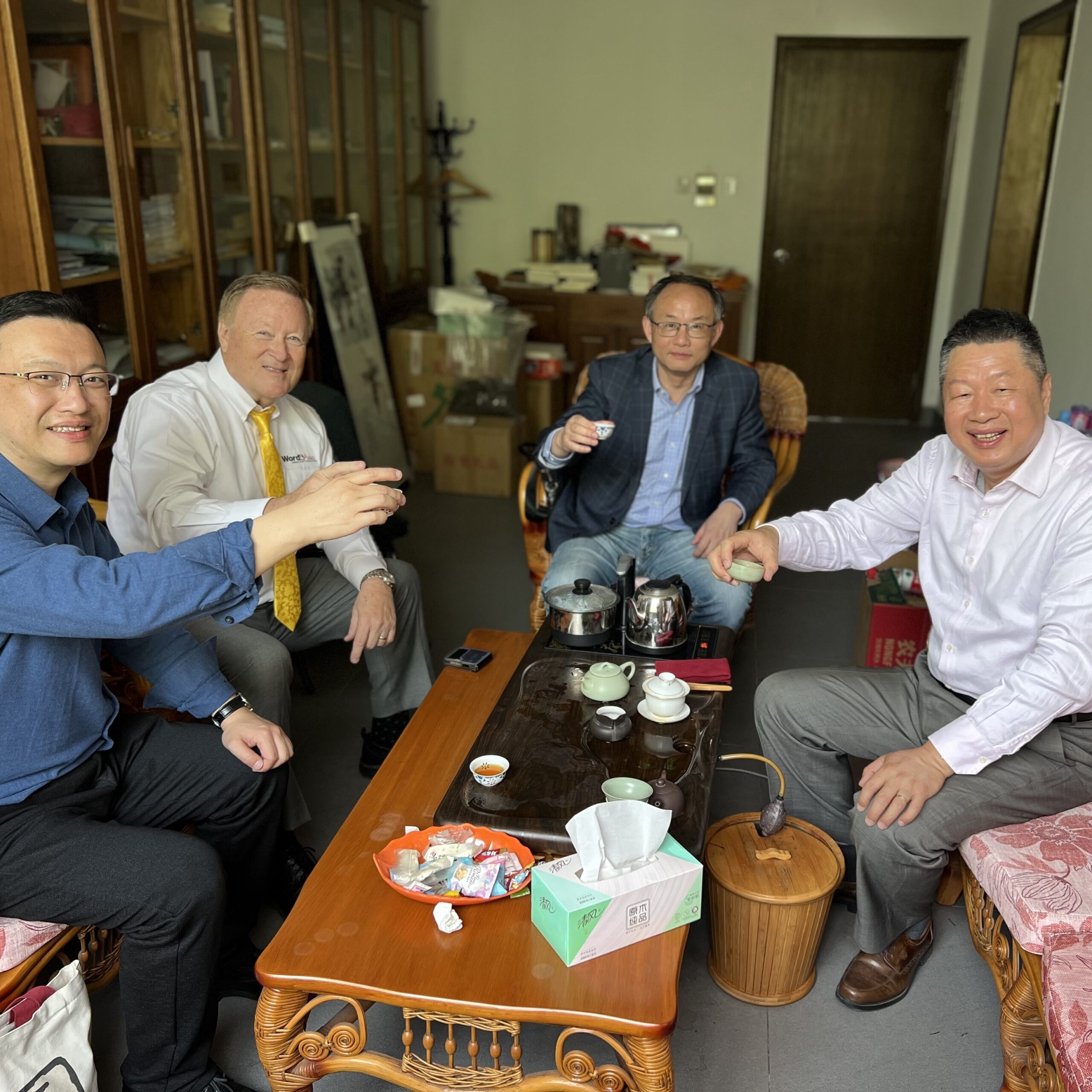The U.S. Innovation and Competition Act
Helping America Regain Lost Ground in Economic Leadership and Influence
Few areas amid the continuing trade scuffle between the United States and China are as heated as the ones that exist in the semi-conductor industry. If your organization competes in this sector, you have doubtlessly been observing recent legislation in the U.S. Senate with a keen eye.
At the center of this tension is America’s contention that China has been an unfair competitor. Most often at loggerheads in recent years, both parties worked together in the Senate to clear the bill with a two-thirds majority vote. The bill, referred to as the U.S. Innovation and Competition Act, allocates $250 billion, more than $50 billion annually for each of five years, to subsidize semiconductor manufacturing. This will help domestic semi-conductor firms compete on an even footing with Chinese firms and will address global chip shortage that’s disrupting supply chains for things like cars, smartphones and appliances. To assess this budget, keep in mind that this is a funding level similar in real terms to what the U.S. government invested in the 1960’s Apollo space program.

A huge amount of the total budget would be funneled directly into applied science initiatives. For instance:
$81 billion – allocated to the National Science Foundation. Roughly one-third of this will be used to establish ten focus areas including artificial intelligence, robotics and biotechnology.
$10 billion – to be directed to university technology centers and innovation institutes to conduct research on the key focus areas.
$17 billion – directed to the Energy Department for research and development in energy-related supply chain activities.
$10 billion – to be invested over five years to the Department of Commerce to create regional tech hub programs. One-third of these hubs will be located in rural areas.
$1.5 billion – to be invested in 5G related wireless technologies.
U.S. Commerce Secretary Gina Raimondo has said the funding could result in seven to ten new U.S. semiconductor plants. The once vibrant U.S. industrial commons supporting the semiconductor industry will need to be re-vitalized to support these plans. Buy American requirements will support the growth of that industrial commons, and they have also been written into the bill. Buy American categories include iron, steel, manufactured products and construction materials used in federally funded infrastructure projects. Also, in reflection of the difficult lessons learned during the Covid-19 pandemic, government agencies will commit to two-year contracts with U.S. suppliers of Personal Protective Equipment.
In recent essays, this blog has pointed out that the United States, as well as other nations, are taking steps to reassert their economic strengths, especially in the technology sector and that these steps may have the result of further slowing China’s growth, which since the beginning of 2021 has shown some signs of cooling. This recent Senate bill is clearly part of this trend. Clearly, no one expected China to show great pleasure about the U.S. reasserting itself economically. In fact, China’s parliament expressed “strong indignation and resolute opposition” to the bill. The Chinese parliament said in that the U.S. bill showed “paranoid delusion of wanting to be the only winner” and had distorted the original spirit of innovation and competition. In Beijing, Chinese foreign ministry spokesman Wang Wenbin said, “We firmly object to the United States seeing China as an imaginary enemy“. On the other hand, the American business community has long held that China’s growth in the semi-conductor industry has been based on unfair trade practices like intellectual property theft and forced technology transfers. The new bill directs the US secretary of state to publish a list of all state-owned enterprises in China that have conducted business using these sorts of tactics. Additionally, America is also working to strengthen its political and business alliances with Japan and Australia, with an eye toward ceasing the importation of Chinese products made with intellectual property that the Chinese did not develop, own or license.
In addition, the U.S. President’s authority to impose sanctions against people or entities that have stolen US trade secrets or benefited from such theft is being reinforced and expanded. Sanctions against foreign entities or people that have supported or engaged in cyberattacks or otherwise undermined US cybersecurity on China’s behalf are likewise strengthened in the new bill. It would create an inter-agency task force to address Chinese market manipulation in the United States and authorize spending to support an independent media in China.
Of course, there are very important geo-political implications related to the bill, and support of the U.S. semi-conductor industry. Senate Majority Leader Chuck Schumer explained it this way,:
“The premise is simple, if we want American workers and American companies to keep leading the world, the federal government must invest in science, basic research and innovation, just as we did decades after the Second World War. Whoever wins the race to the technologies of the future is going to be the global economic leader with profound consequences for foreign policy and national security as well.”
Having only recently passed through the Senate, the bill is now in the House of Representatives and the usual deliberations and negotiations will occur. However, with the strong support from both parties that the bill received in the Senate, it’s expected that the bill will eventually clear the House and be signed into law.
Any time a large stone like this is tossed into the waters which define U.S.-China relations, there will be many ripples. The Chinese have already expressed discontent. It’s difficult to know exactly what the implications of these events will be. However, Word4Asia will continue to monitor and inform as we always do.
As ever, if your plans include China, we’d love to dialog with you. Our large mainland China network, and our over twenty-years’ experience guiding our clients to success in China may be an important part of your success. We’d love to discuss options with you. Please contact Dr. Gene Wood at gene@word4asia.com if you’d like to talk! We’ll keep an eye out for you!
Trackback from your site.






